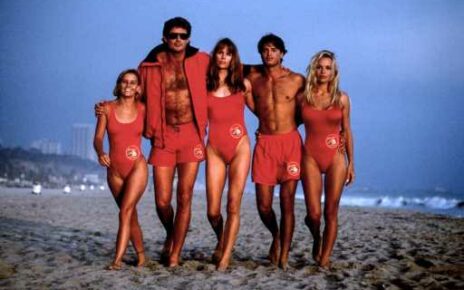Oscar winner Diablo Cody is reflecting on the legacy of teen pregnancy dramedy “Juno.”
The 2007 breakout film won the Academy Award for Best Original Screenplay and landed nominations for picture and acting for lead star Elliot Page. Yet later discourse centered the film as anti-choice for women’s reproductive rights, after Juno (Page) balks at an abortion clinic upon seeing protestors.
Now, amid the Supreme Court overturn of Roe v. Wade, Cody isn’t staying silent.
“I am emphatically pro-choice and have been my entire life. And it is important to me to make that clear,” Cody told The Hollywood Reporter. “But, you know, I can understand why people would misunderstand the movie. Looking back at it, I can see how it could be perceived as anti-choice. And that horrifies me.”
She continued, “When I look back on that time of writing the script, I feel wistful, because at the time it never occurred to me that my reproductive rights could be in danger. If somebody had said to me at the time — as a carefree, younger, third-wave feminist — that in 2022, Roe v. Wade would be overturned, I would have been horrified and I would have assumed we were hurtling toward some kind of inconceivable dystopia, and maybe I would have been right. But at the time, it just seemed impossible. I took Roe for granted, and many of us did. I was just creating; I never intended the movie as any kind of political statement at all. I can’t imagine being that innocent again.”
Cody added that she didn’t “remember anybody worrying that it was provocative or anything like that” when it came to the script and that she was just “fully writing from my gut at that time, which may be regrettable.”
But the immediate reception proved to have other layers of interpretation.
“Back in 2008, I got a letter from some administrator at my Catholic high school thanking me for writing a movie that was in line with the school’s values. And I was like: What have I done?” Cody said. “My objective as an artist is to be a traitor to that culture, not to uplift it.”
She admitted, “I didn’t have a lot of clarity at the time because I had been thrust into this surreal reality of being a public figure overnight, which was not something that I had anticipated happening. It was honestly traumatic — and my head was so far up my own ass — that I wasn’t super cognizant of any of the cultural dialogue surrounding the movie.”
Cody shared that as a teenager, she was “squeamish about the physical reality of the abortion procedure” due to her religious upbringing.
“I thought it sounded scary, which is not surprising when you consider the fact that I had been bombarded with gory, misleading anti-abortion propaganda at school,” the “Tully” screenwriter said. “That’s reflected in the movie: She goes to the abortion clinic, she kind of chickens out (which is something that I would have realistically done at that age, especially given all the religious trauma I was processing at the time). I’m not scared of abortion anymore; I’ve had one now. And it was a hell of a lot less scarier than giving birth. But the movie is a reflection of how I felt as a young woman.”
To Cody, “Juno” is more so about the “metamorphosis” of its titular teen.
“It felt like an appropriate metaphor for coming of age, so I have no regrets about writing the movie,” Cody summed up. “I do think it’s important that I continue to clarify my feelings about it because the last thing I would ever want is for someone to interpret the movie as anti-choice. That is a huge paranoia of mine.”
She noted, “I’ve never really thought about revisiting the film — it kind of feels like something that should stay preserved in amber. But I would rather have this account be out there than [my] silence being misinterpreted.”
Source: Read Full Article

